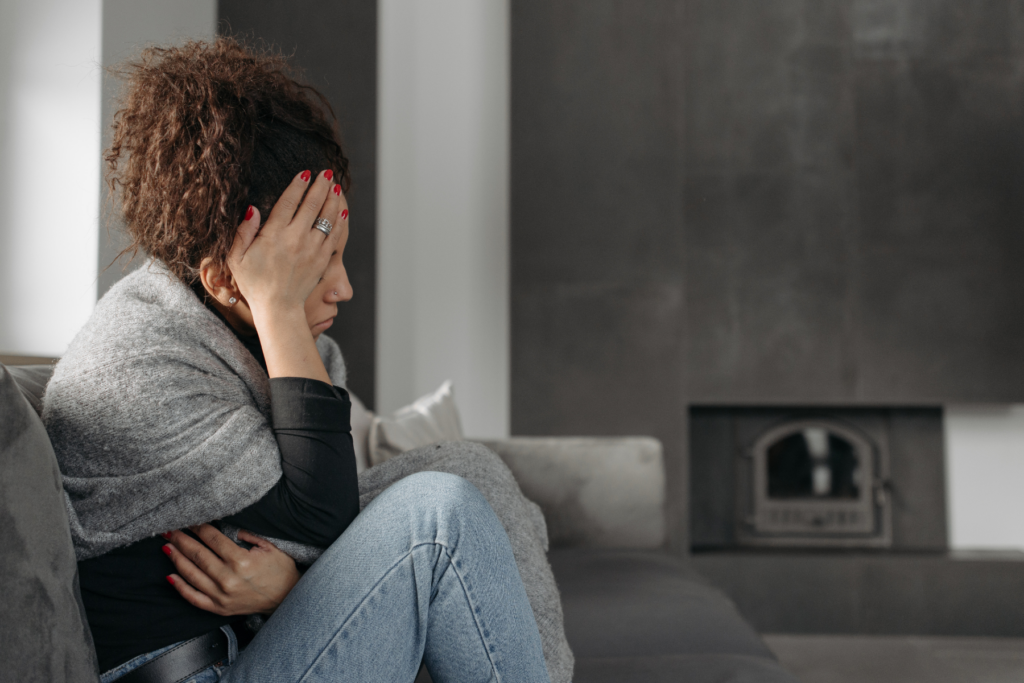An Open Letter to My Loved Ones: Living with a Chronic Reproductive Health Condition
Table of Contents
Dear Reader,
It’s okay if you don’t fully understand what I’m going through. Chronic reproductive health conditions are complex, and sometimes even the experts struggle to explain them. I’ve learned to accept this reality as my normal, at least for now. I don’t expect you to understand it all, but if you care to keep reading, here is what I wish you knew.
When I Say I’m Tired
I don’t mean I’m just low on sleep or need a lazy day. My tiredness is bone-deep, the kind of fatigue that sleep can’t fix. Some days, it feels like I’m carrying an invisible weight, like gravity is pulling me down harder. When I say I’m too tired to go out, it’s not because I don’t want to see you. It’s because my body is telling me it needs to rest.

When I Say I Can’t Eat That
It’s not about restriction or dieting. Managing these conditions often means choosing whole, nutrient-dense foods to help reduce inflammation and manage symptoms. It’s about avoiding foods that can trigger flare-ups, discomfort, and pain. This isn’t about trends or willpower; it’s about protecting my body from unnecessary suffering. I’m doing my best to nourish my body in ways that help me feel even a little bit better, and that can look different from one day to the next.
When I Say I’m Sick
I don’t mean I have a cold. Chronic conditions like PCOS and endometriosis don’t go away with medication or a few days of rest. They linger. Some days are better, some are worse, but they’re always there. Lifestyle changes help, but they’re not a cure. Every day is a delicate balance of managing symptoms, making choices, and coping with what’s beyond my control.
When I Say I’m Forgetful
It’s not that I’m not paying attention. Brain fog is real. I lose track of conversations, forget appointments, or walk into a room and can’t remember why I’m there. Hormonal fluctuations mess with my focus, and pain is a constant distraction. Please be patient when I seem scattered. I’m trying my best.
When I Talk About My Condition
I’m not looking for sympathy or advice. I’m trying to raise awareness about conditions that are too common and yet often invisible. PCOS, endometriosis and other chronic health conditions alike, affect millions of women, but they’re still misunderstood and often dismissed. When I talk about it, it’s not for attention, it’s for understanding and support.
When I Say I’m Struggling
I mean that my body feels like it’s fighting against me. There’s grief in living with a body that doesn’t behave the way it should, one that makes everyday tasks harder than they should be. It’s heartbreaking to feel betrayed by your own body, to know that no matter how healthy I eat or how much I care for myself, some battles are beyond my control.

The Fear That Lingers
These conditions carry more than just physical pain. They come with deep emotional weight. There are moments when I fear for my fertility, wondering if I’ll be able to have children or what my future will look like. There are moments when I feel less than, like my body is broken, like I’m failing at something that should be natural and simple. It’s a kind of heartbreak that doesn’t always have words, a constant questioning of my body and its ability to do what it’s meant to do.
Sometimes, I feel like I’m not enough. That fear, that sadness, is a silent part of my experience, but it is always there. And while I try to stay strong, it doesn’t mean I don’t feel the weight of it all.
What These Conditions Feel Like
These conditions make me anxious and sometimes emotional for no clear reason. They make my skin break out, my hair thin, and my body ache. They make social events difficult. They can cause bloating and physical changes so severe it makes me look and feel different. Some days, they make even simple tasks feel monumental. I might look fine, but I don’t always feel fine.
When I say no, it’s not to offend you. It’s to protect myself. And unless you’ve lived through these symptoms, I know it’s hard to fully grasp how much these conditions affect me.
Why I’m Writing This
I’m writing this on behalf of everyone struggling with reproductive health issues that are often misunderstood. I’m writing for the women who are dismissed, overlooked, and told it’s “just bad cramps.” I’m writing for the women who are tired of advocating for their own pain to be taken seriously.
You may never fully understand what I’m going through, but I hope you understand that my life is different because of it. And that understanding means everything to me.
Thank you for reading and for caring.
Share: